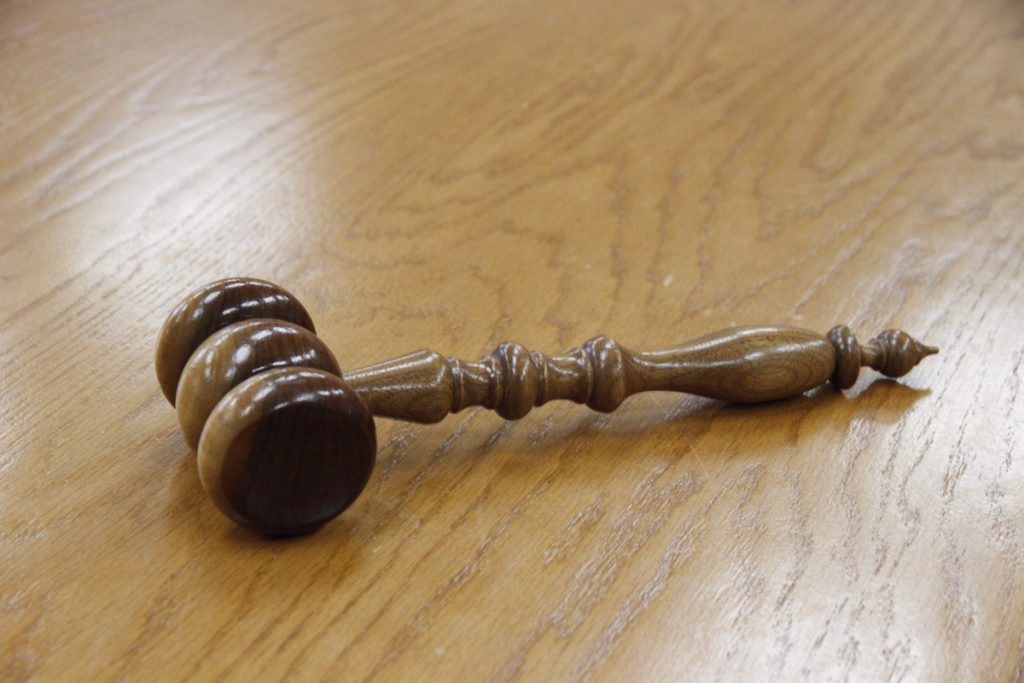Discrimination Cases: How to Settle Before a Trial

Discrimination cases can severely damage a company’s reputation. They can also drain a company of their resources. For example, employers need to pay legal fines on top of lawyer fees. They also need to compensate complainants. Finally, employers will need to make up for the time they spent involved in legal issues.
The NYC Commission on Human Rights’ Law Enforcement Bureau (LEB) is responsible for handling discrimination cases. They investigate complaints before sending them to trial. A case will only go to trial if the LEB gives it a Probable Cause Determination. Furthermore, an administrative law judge (ALJ) sends a Report and Recommendation to the Office of the Chairperson of the Commission (OC). The OC then gives the Final Decision and Order. So what can employers do to resolve discrimination cases? This article will reveal the best steps employers can take to settle their case before a trial.
How Can Employers Resolve a Case before a Trial?

Employers can settle a matter before a trial even if the LEB gives it a Probable Cause Determination. The LEB may invite both the respondent (the accused) and the complainant (the person who filed a complaint) to discuss a resolution. The LEB calls this resolution a “Mediation.” It is also held at the Commission’s Office of Mediation and Conflict Resolution (OMCR). Both the respondent and complainant must agree to participate in order to schedule a Mediation. Additionally, the Mediator does not make any decisions. They help the respondent and complainant come to an agreement that will settle the case. Finally, the LEB will close the case if both parties can sign a settlement agreement.
The LEB lawyer may attempt to resolve the case during the investigation even if it is not referred to Mediation. This resolution is called “Conciliation.” The LEB may also decide that a proposed resolution is strong enough to close the case. This could happen even if one party disagrees.
